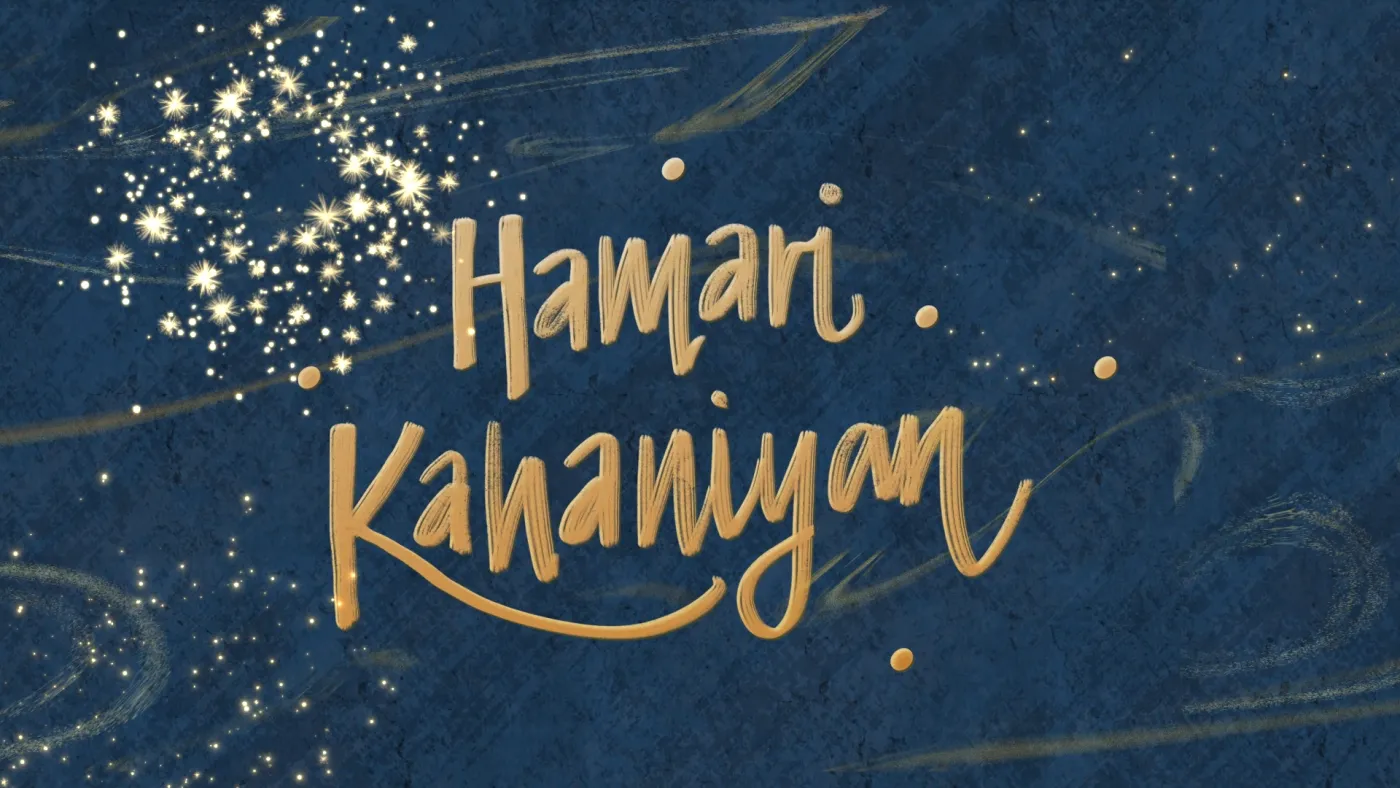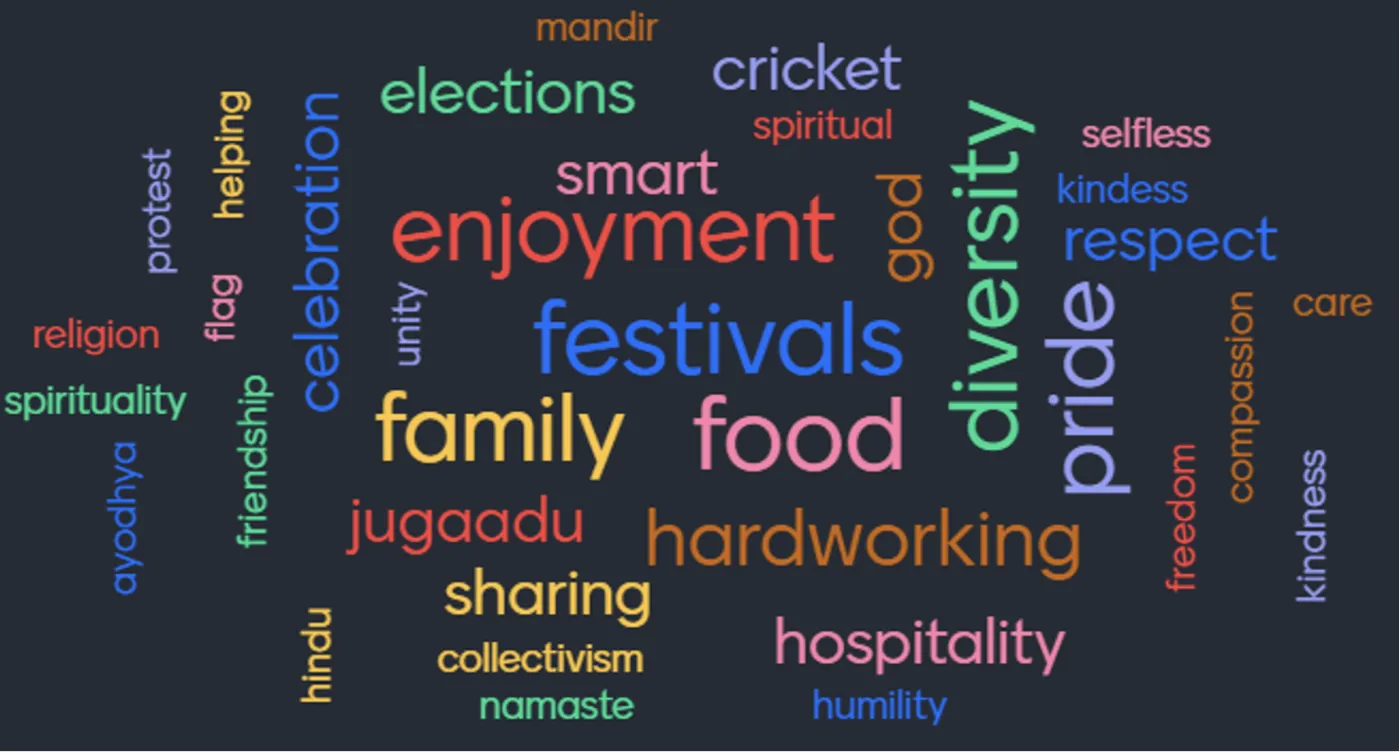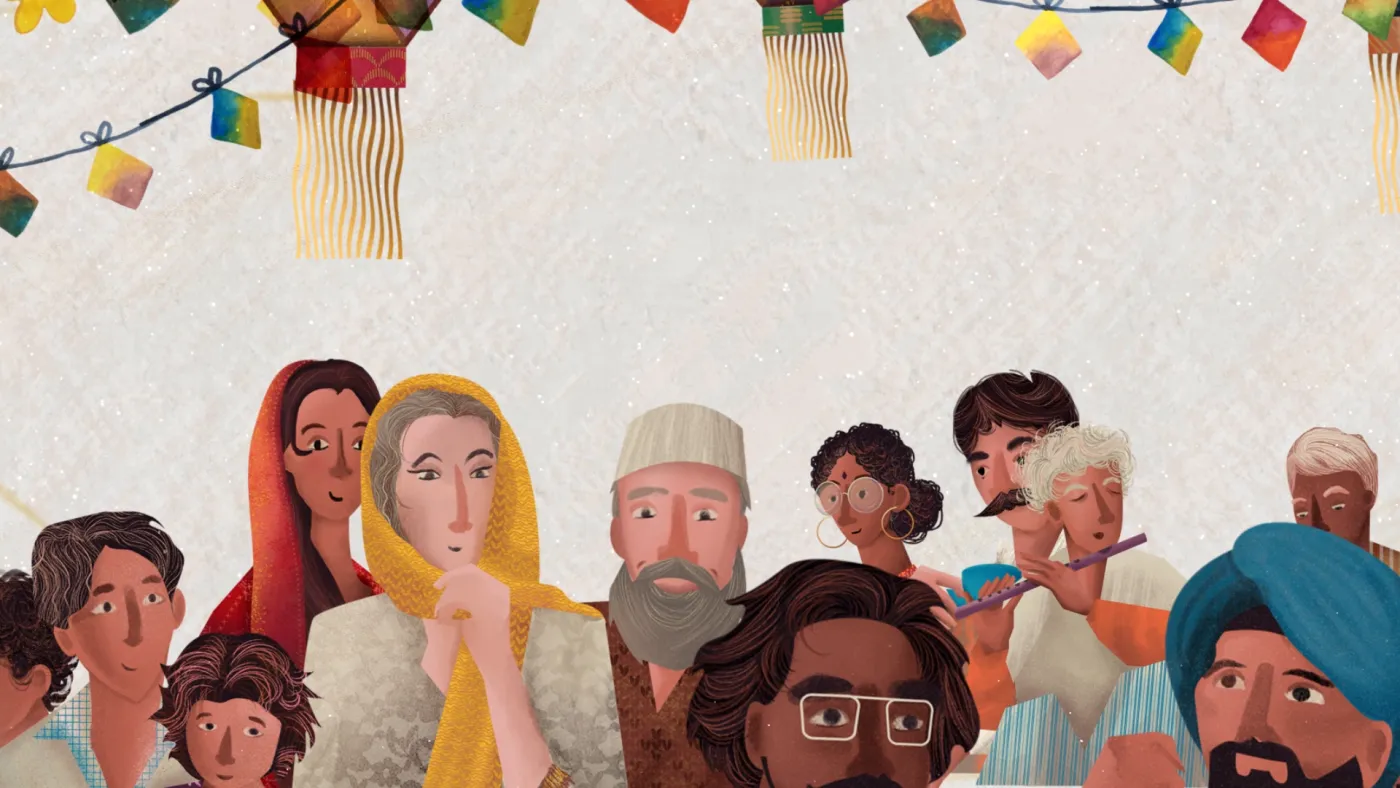
Food lies at the very heart of festivals in India, where each dish tells a story of its origins and the people who prepare and enjoy it. The UN Human Rights campaign “Our Stories” was launched in India in November 2024 with an animated video that is intended to grow into a campaign that will celebrate the diversity that migrants and other minorities bring to India.
The campaign is based on multi-method research commissioned by UN Human Rights. Over 2023-24, OHCHR partnered with New Delhi-based research agency, Purple Audacity. This research set out to understand public narratives around migration in India, with a focus on international migration and minorities who are associated with such migration and at risk of ‘othering’. The overall objective of this research was to identify and understand audiences within the general public that could be persuaded towards greater empathy and community with migrants and minorities through positive and hopeful narratives.
The research included a quantitative phase with over 2,200 in-person interviews conducted in Hindi, Bangla, Tamil, and Malayalam, followed by a qualitative phase involving 100 participants across 14 focus groups and digital engagement with 70 respondents via WhatsApp.
Following the research, respondents were segmented into three distinct clusters based on their attitudes toward migration. UN Human Rights then conducted further qualitative research on the ‘persuadable audience’ clusters, exploring their underlying values, messaging preferences, media consumption habits, and trusted messengers to shape a campaign that resonates with them.
The findings revealed that this audience holds polarized views on migration. While concerns about resource scarcity and security were present, respondents also strongly valued dignity and expressed interest in engaging with people from diverse backgrounds—including recognizing the contributions of migrants and minorities to Indian culture, festivals, and food. Additionally, Indians are conscious of the country’s image on the world stage and want their country to be viewed as one of compassion and kindness. 88 percent of Indians surveyed agree that respect for human rights is a sign of a decent society. Among the persuadable audience, 90 percent believe India should welcome people regardless of their religion.
“India has a diverse culture, so culture difference is okay. But they should respect India, contribute something to the society, Indian economy, and government. They should be peaceful also” - Male, 18-24 years, Delhi
“We and Sri Lankans speak Tamil and look similar, but we are from different countries. Looks and language cannot divide people. Entertainment and food are common to everyone” - Male, 18-24 years, Chennai

Building upon the research, the video emphasised that food is more than sustenance; it brings people from all backgrounds together across India’s diverse festivals to share stories and embrace common values. To distribute the video to the target audience, OHCHR partnered with The Better India, a positive news platform whose mission is to empower individuals to become a force for positive change.
Released during Diwali, the video amassed over 200,000 views and engaged 700,000 people within a week. A Tamil-language version was also shared on social media by OHCHR’s regional office.

“Guest is God promotes a culture of acceptance, empathy and understanding. To adopt this principle we need to cultivate a mindset of openness, practice kindness towards others and embrace diversity that exist in the world.” – Female, 18-24 years, Mumbai
Conducted in the six months leading up to the Indian General Election of 2024, the research also revealed a sense of fatigue with polarizing and hostile narratives towards migrant and minority communities. This indicated that there is space in the narrative landscape in India for hopeful and human rights-based messaging.
The campaign is the third edition of the #StandUp4Migrants campaign in the Asia-Pacific region, an initiative by OHCHR to promote human rights-based narratives on migrants and migration. The first launched by OHCHR was MyGreat Story in Australia in 2022 and the second was Dari Dapur launched in Malaysia in 2023.
